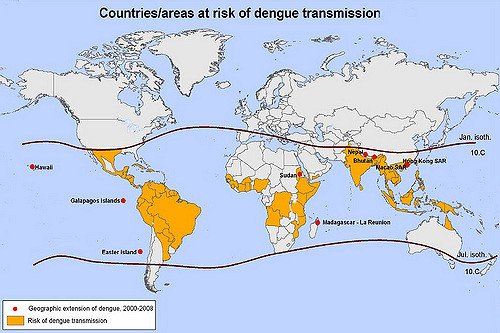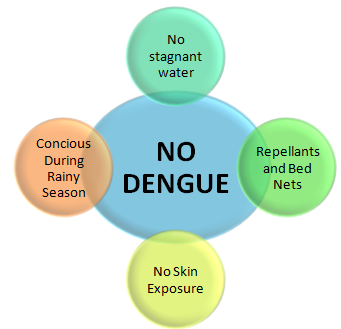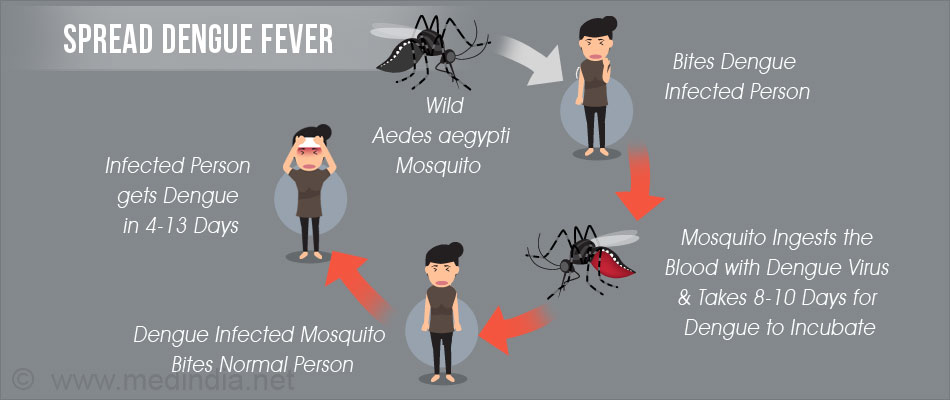How a Mosquito changed my life forever! God does move in mysterious ways! Chapter 2
I am including the following definition of what “Dengue” is so you can understand the scope of the Virus which I was infected with and anyone could be exposed to. (if you live or travel to the affected areas)
Here is an explanation according to “WebMD” defining what it is.
Dengue (pronounced DENgee) fever is a painful, debilitating mosquito-borne disease caused by any one of four closely related dengue viruses. These viruses are related to the viruses that cause West Nile infection and yellow fever.
An estimated 390 million dengue infections occur worldwide each year, with about 96 million resulting in illness. Most cases occur in tropical areas of the world, with the greatest risk occurring in:
The Indian subcontinent
Southeast Asia
Southern China
Taiwan
The Pacific Islands
The Caribbean (except Cuba and the Cayman Islands)
Mexico
Africa
Central and South America (except Chile, Paraguay, and Argentina)

Most cases in the United States occur in people who contracted the infection while traveling abroad. But the risk is increasing for people living along the Texas-Mexico border and in other parts of the southern United States. In 2009, an outbreak of dengue fever was identified in Key West, Fla.
Dengue fever is transmitted by the bite of an Aedes mosquito infected with a dengue virus. The mosquito becomes infected when it bites a person with dengue virus in their blood. It can’t be spread directly from one person to another person.
Symptoms of Dengue Fever
Symptoms, which usually begin four to six days after infection and last for up to 10 days, may include Sudden high fever Severe headaches, Pain behind the eyes, Severe joint and muscle pain, Fatigue, Nausea, Vomiting, Skin rash, which appears two to five days after the onset of fever, Mild bleeding (such a nose bleed, bleeding gums, or easy bruising)
Sometimes, symptoms are mild and can be mistaken for those of the flu or another viral infection. Younger children and people who have never had the infection before tend to have milder cases than older children and adults. However, serious problems can develop. These include dengue hemorrhagic fever, a rare complication characterized by high fever, damage to lymph and blood vessels, bleeding from the nose and gums, enlargement of the liver, and failure of the circulatory system. The symptoms may progress to massive bleeding, shock, and death. This is called dengue shock syndrome (DSS).
People with weakened immune systems as well as those with a second or subsequent dengue infection are believed to be at greater risk for developing dengue hemorrhagic fever.
Diagnosing Dengue Fever
Doctors can diagnose dengue infection with a blood test to check for the virus or antibodies to it. If you become sick after traveling to a tropical area, let your doctor know. This will allow your doctor to evaluate the possibility that your symptoms were caused by a dengue infection.
Treatment for Dengue Fever
There is no specific medicine to treat dengue infection. If you think you may have dengue fever, you should use pain relievers with acetaminophen and avoid medicines with aspirin, which could worsen bleeding. You should also rest, drink plenty of fluids, and see your doctor. If you start to feel worse in the first 24 hours after your fever goes down, you should get to a hospital immediately to be checked for complications.
Preventing Dengue Fever
There is no vaccine to prevent dengue fever. The best way to prevent the disease is to prevent bites by infected mosquitoes, particularly if you are living in or traveling to a tropical area. This involves protecting yourself and making efforts to keep the mosquito population down.

To be continued! Continue to chapter 3

Hi! I am a robot. I just upvoted you! I found similar content that readers might be interested in:
http://www.webmd.com/a-to-z-guides/dengue-fever-reference